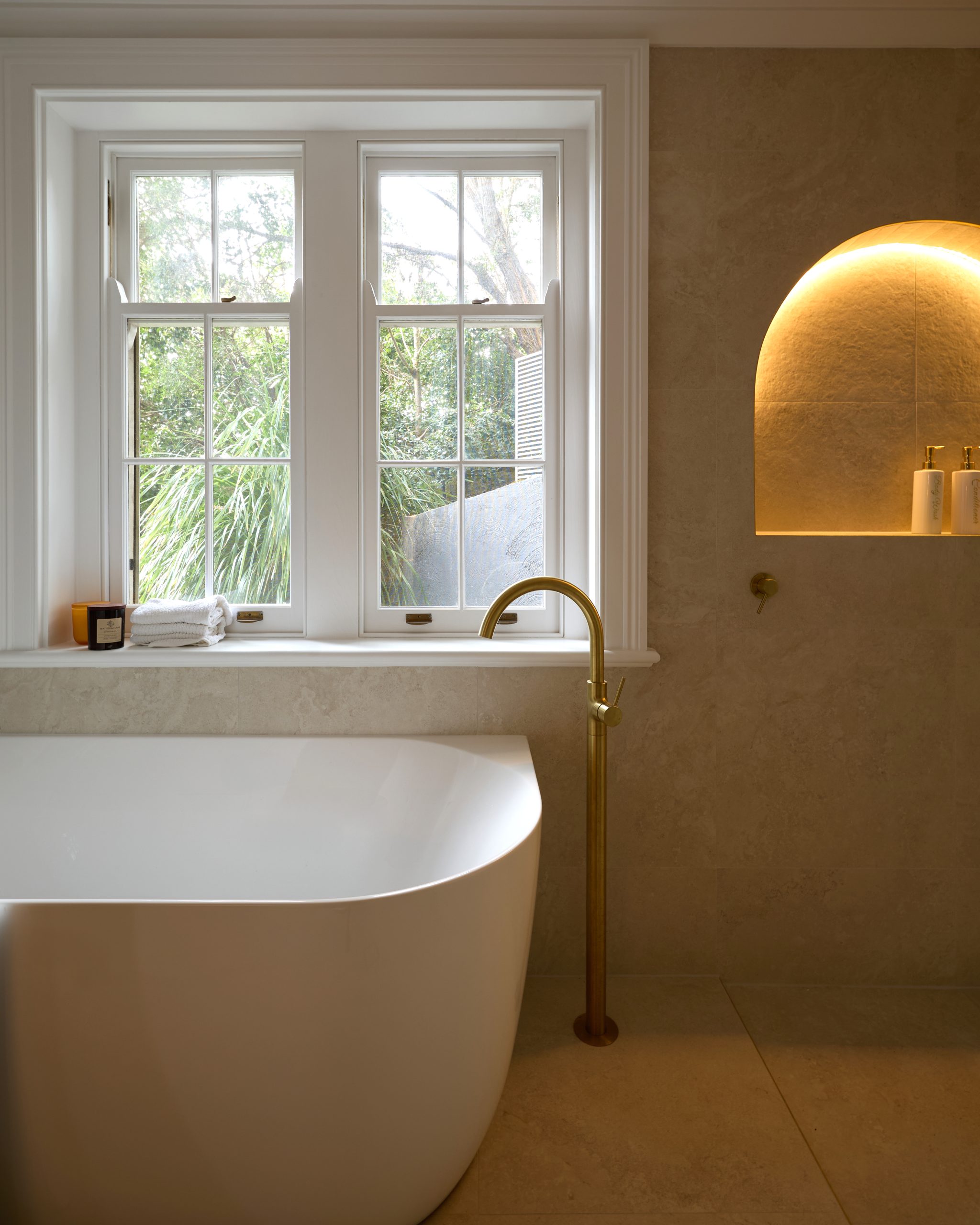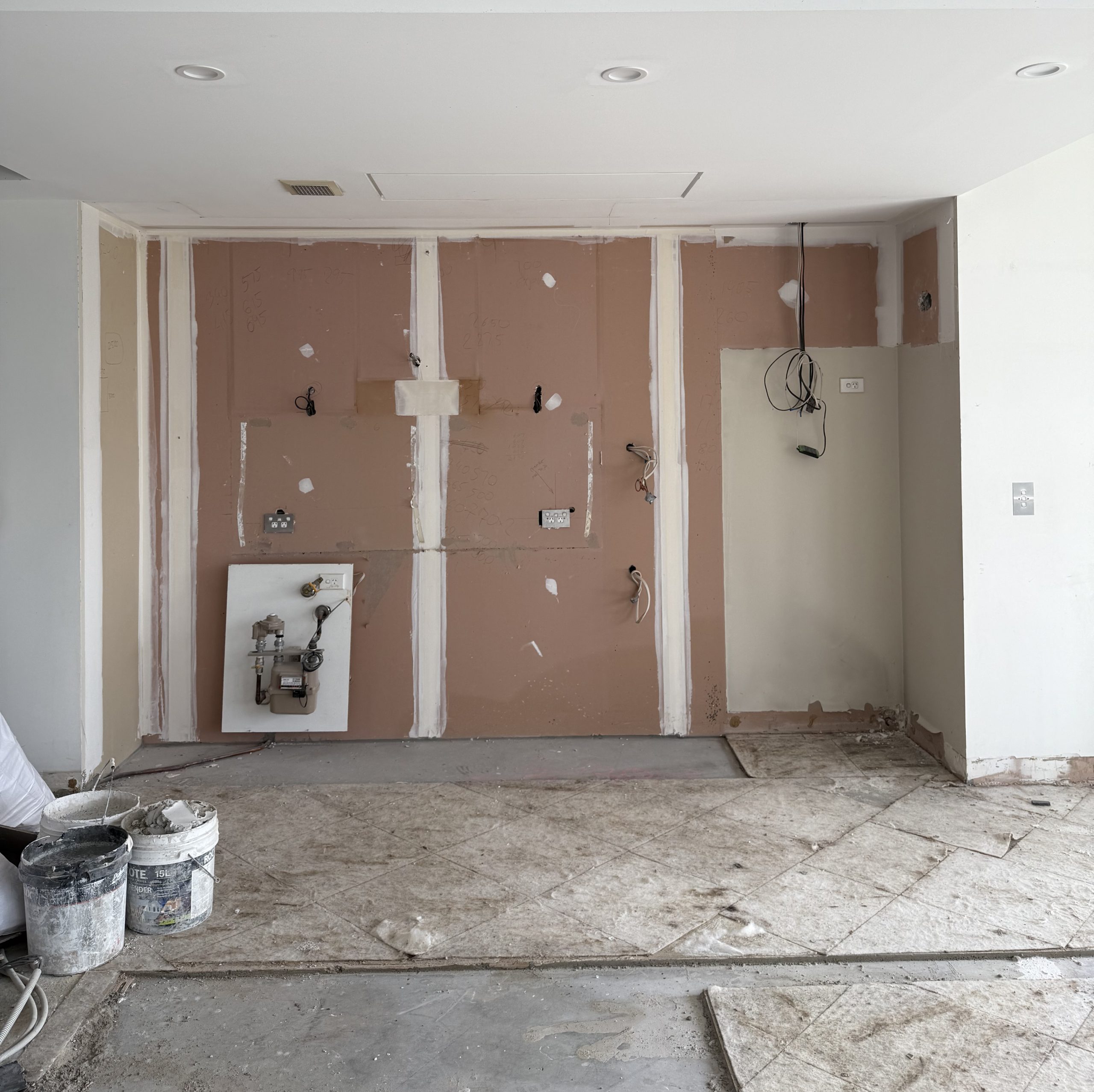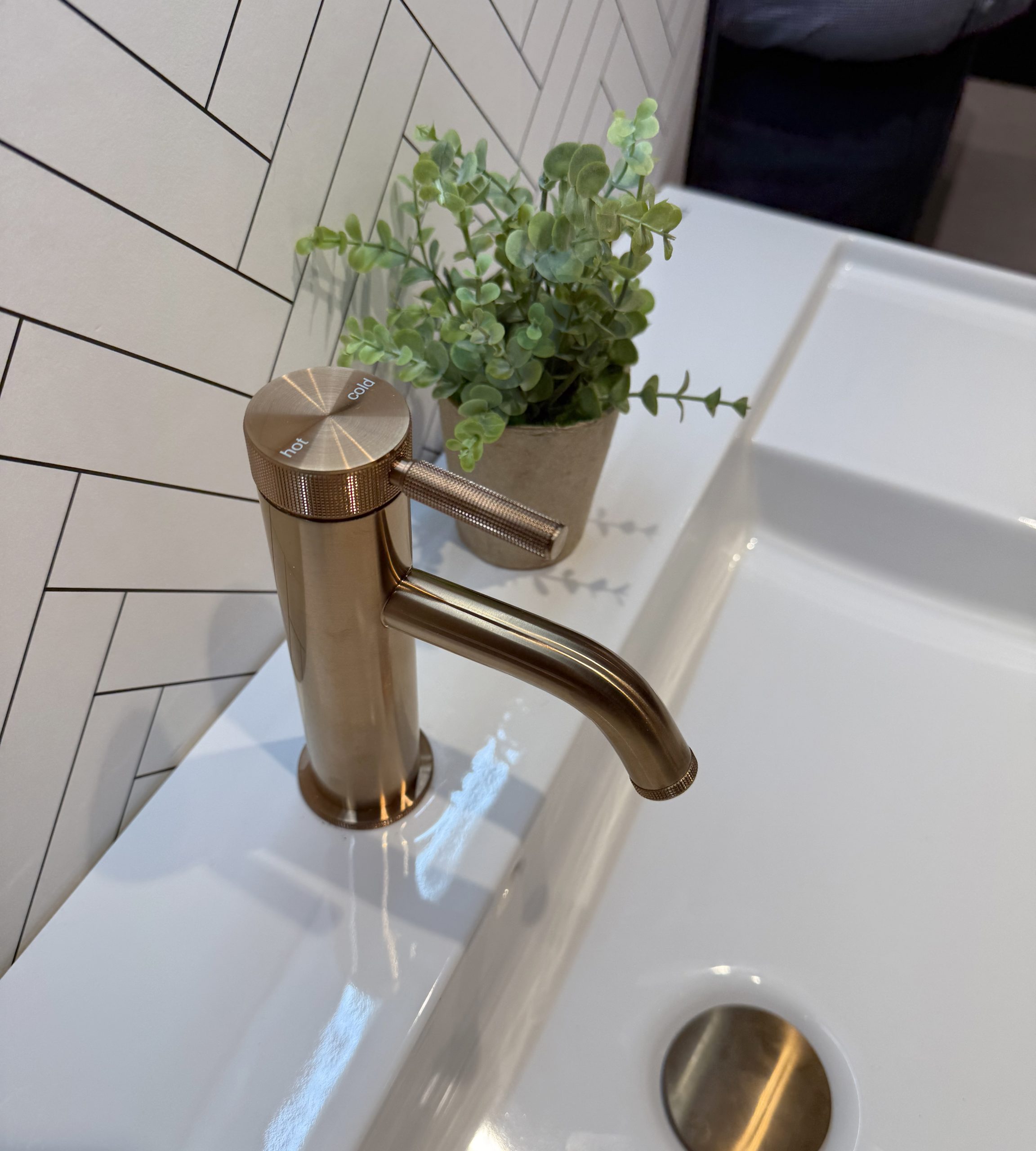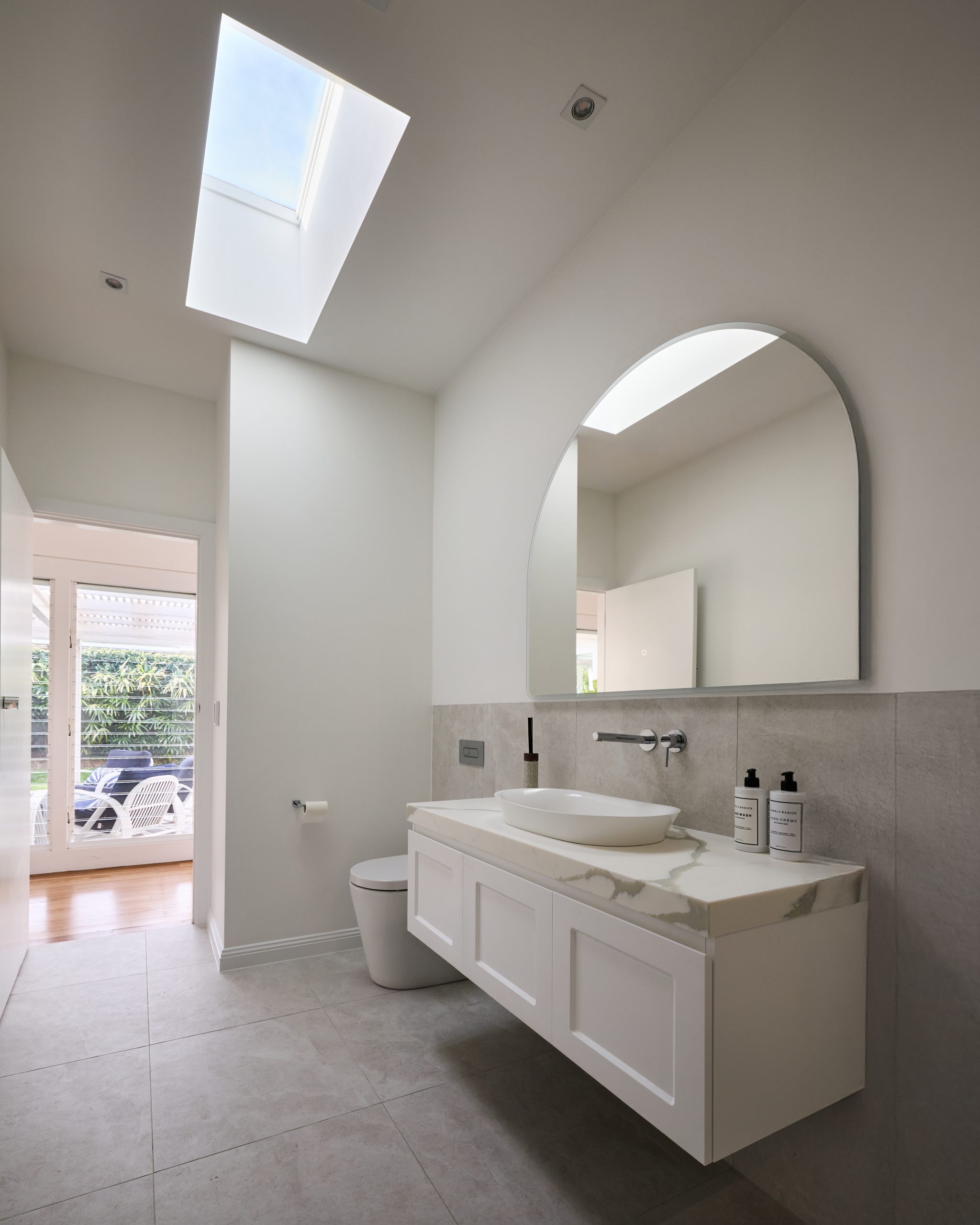
Your Guide To Bathroom Renovation Permits and Approval
Planning a bathroom renovation is as stressful as it is exciting, but it isn’t just about choosing the perfect tiles or the floor that will bring out the vein in your marble countertop. You also have to think about renovation permits and approvals for the work you plan to do.
If you were thinking about handling the bathroom renovations on your own, put a pause on that because renovations require the skills of licensed tradespeople who have the skill and authority to handle dangerous work like electrical and plumbing. While you might be able to handle aspects of the bathroom renovation, you will need professionals to handle the plumbing, electrical, and waterproofing. A full renovation means stripping everything out to start over from scratch, and for older homes, the project to bring the space up to Australian standards can be vast.
In addition to plumbers and electricians, renovating bathroom may also include a builder, tiler, and waterproof specialist. The easiest path is to enlist the service of a skilled bathroom renovation team that can handle every aspect of the job. The company will ensure they have the relevant skilled contractors and deal with scheduling, too. So, it’s a weight off your shoulders. Additionally, they will usually offer assistance with permits and approvals if they are necessary.
Waterproofing
Waterproofing is one of the most crucial aspects of a bathroom renovation, and bathrooms in Sydney must be waterproofed by a professional in accordance with AS 3700:2021. This is an Australia-wide standard, and waterproofing materials must be able to handle cleaning products and withstand movement. Flashing is required in all wet areas, including the toilet. If you opt for a frameless shower screen, the floor must be fully waterproofed (within 1.5 metres of the shower head) and water stops should be installed. Likewise, if the sub-flooring is plywood or particleboard, the entire floor must be waterproofed. The waterproofer will provide you with compliance certification upon completion of the job.
Electricals
AS/NZ 3000:2007 covers electrical installations all over Australia, designed to ensure that water and electricity cannot meet. This includes recommending ideal placements of bathroom heating, outlet placement, lighting, and heated towel rails, etc. The regulation requires any electrical work to be carried out by a licensed tradesperson.
Plumbing & Ventilation
The Building Code of Australia details the requirements around a bathroom floor waste system, but it ultimately depends on the property the bathroom is in. A floor waste system is required by law for units, and that’s to protect the other units. It’s also required if you operate a commercial property business. As for residential homeowners, it’s only required if your shower is unenclosed.
The BCA also regulates ventilation, covering the minimum size requirement for windows and extractor fans.
Do I Need a Permit?
In addition to the regulations that cover the whole of Australia, each state will have its own requirements and regulations. So, using a professional who works within the system every day is a great way to save yourself some stress over compliance. If you’re planning a bathroom renovation in Sydney, you shouldn’t need approvals or permits to carry out a simple internal renovation. The need for permits typically rises when there are structural changes, plumbing or electrical works.
If you’re removing a wall, you need a permit (even if it’s a non-load-bearing wall).
If there’s plumbing or electrical work going on, you’ll need licensed tradies.
Always check with your local council to be sure you’ve covered every permit or approval. They can offer an easy yes or no without you scrolling through dozens of websites trying to understand legislation. However, the best way to ensure compliance is to use licensed professionals to project manage and carry out work, speak with the local council about any permits or approvals you may need based on the project you’re doing, and keep the compliance certificates safe to show that your waterproofing and plumbing work was done properly.
Heritage-listed buildings come with their own set of additional regulations, and in many cases, you require approval for specific projects where a standard home may not. If you live in a heritage-listed building, start your bathroom renovation journey by speaking to your council about what you can and can’t do. Always enlist professionals who are experienced in heritage-listed building renovations.
It’s also worth remembering that you will likely need to pay a range of fees to cover your permits, permissions, and approvals, so include these when you’re building out your budget.
Contact Crystal Bathroom Renovations in Sydney
In New South Wales, if any type of work exceeds $1000, inclusive of labour and materials, then you must use a licensed builder to handle the project. NSW also has specific regulations legislating bathroom renovations, requiring a licensed bathroom builder. Likewise, bathroom waterproofing can also be completed by a licensed waterproof specialist. The team at Crystal Bathrooms will cover every aspect of your renovation, from the ideas and design stage right through to completion. Get in touch with us today to schedule your free sit-down with our design team.
Related Articles

Do I Need Council Approval for My Sydney Bathroom Renovation? The 2025 Complete Guide

Brushed Tapware vs Chrome: The Complete Guide for Sydney Bathroom Renovations
